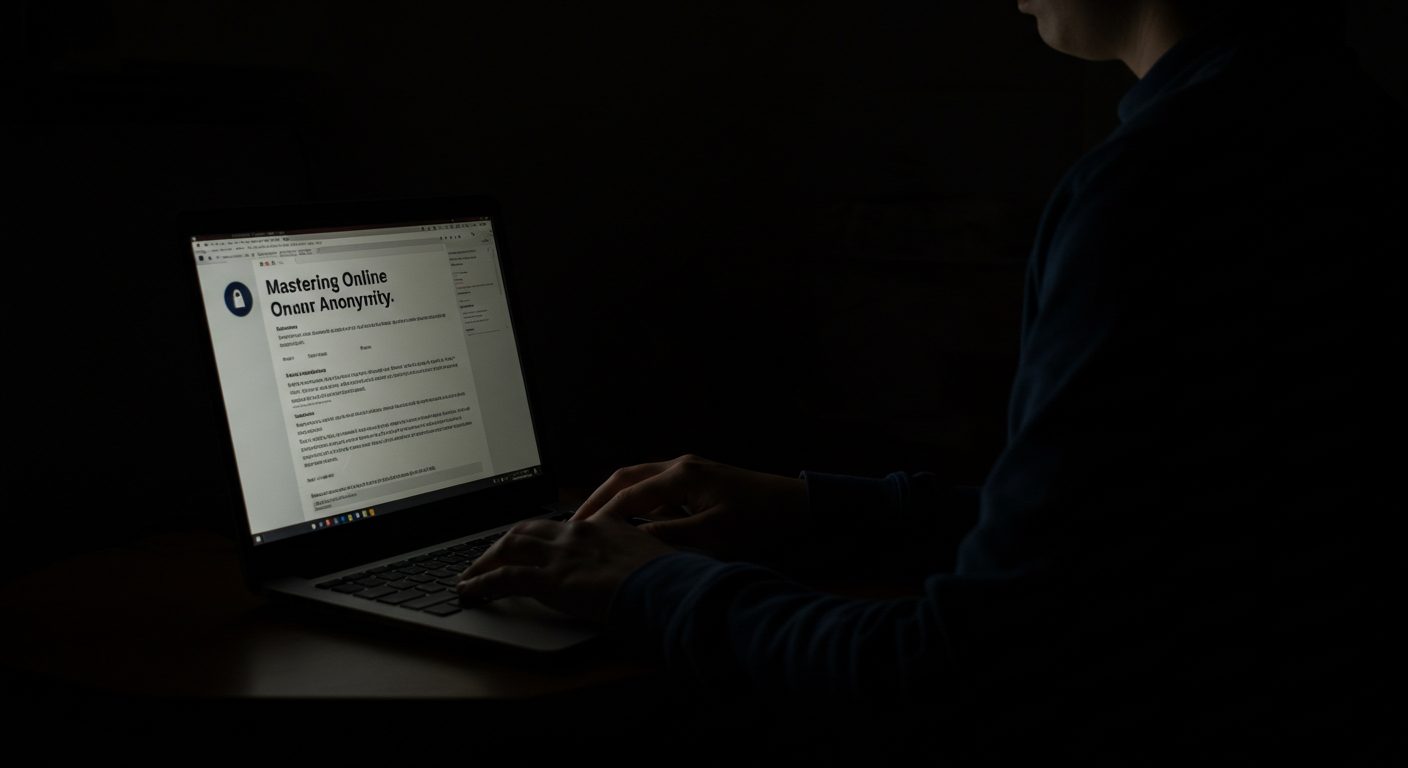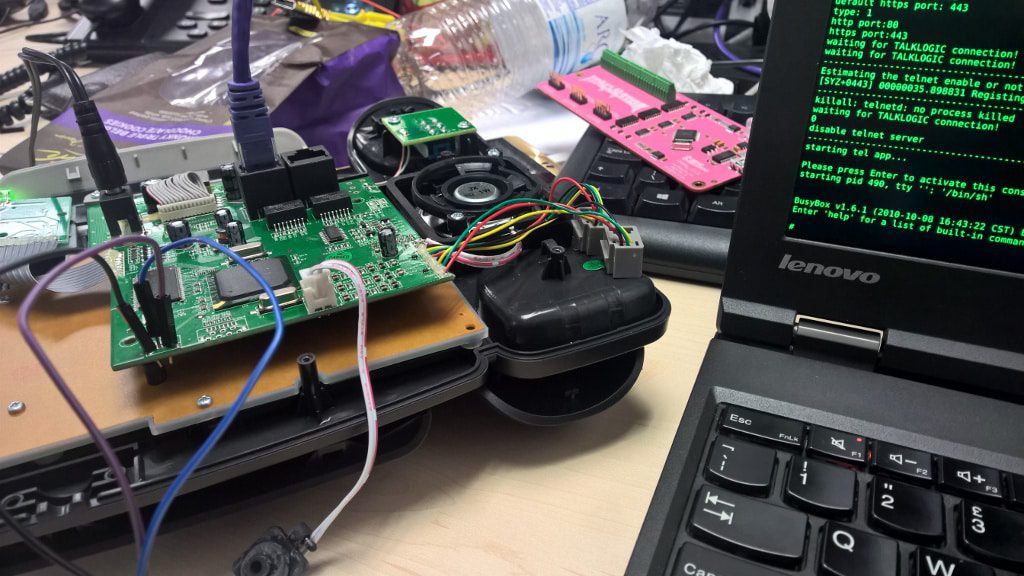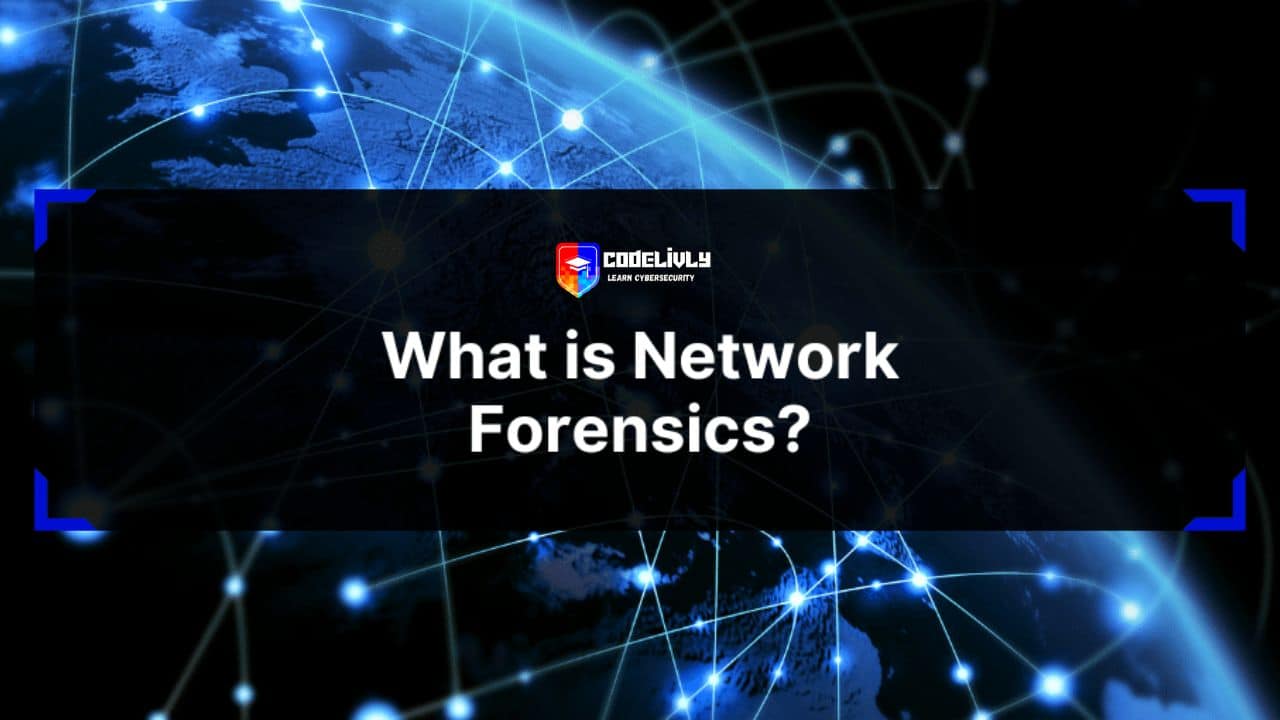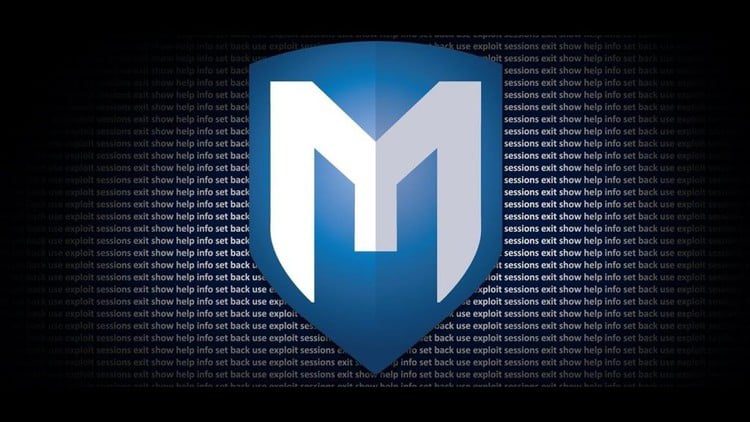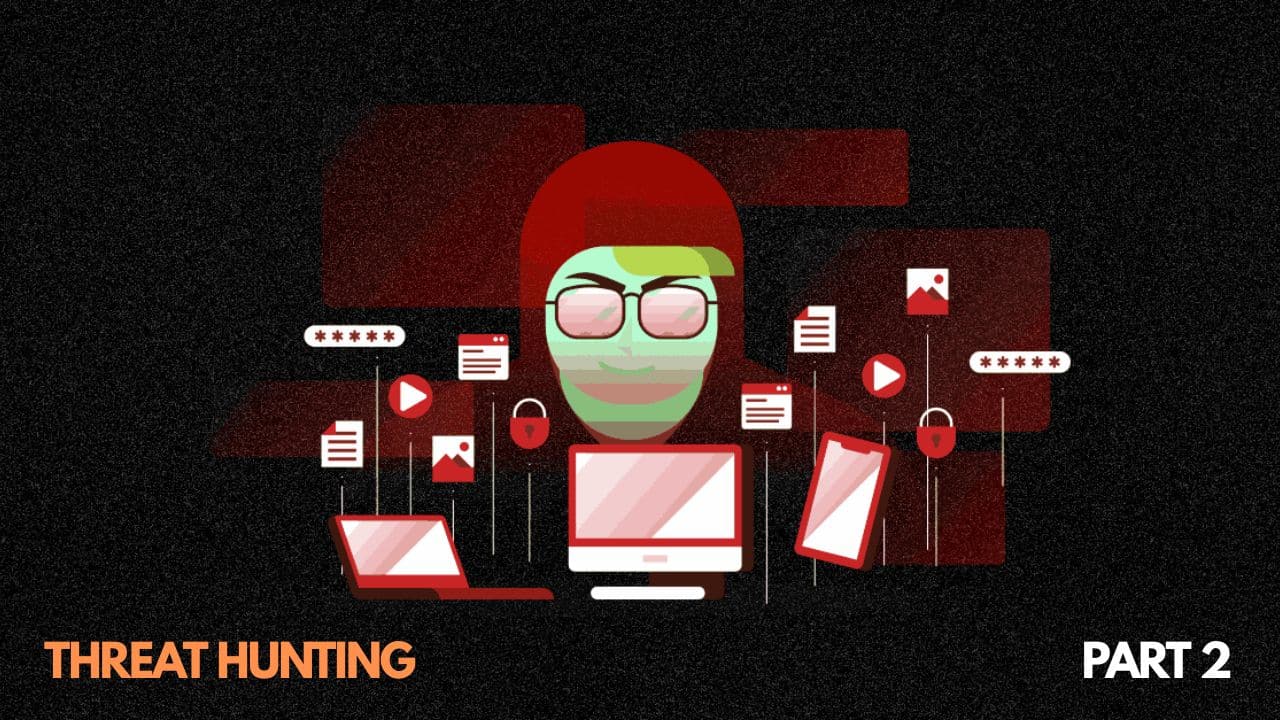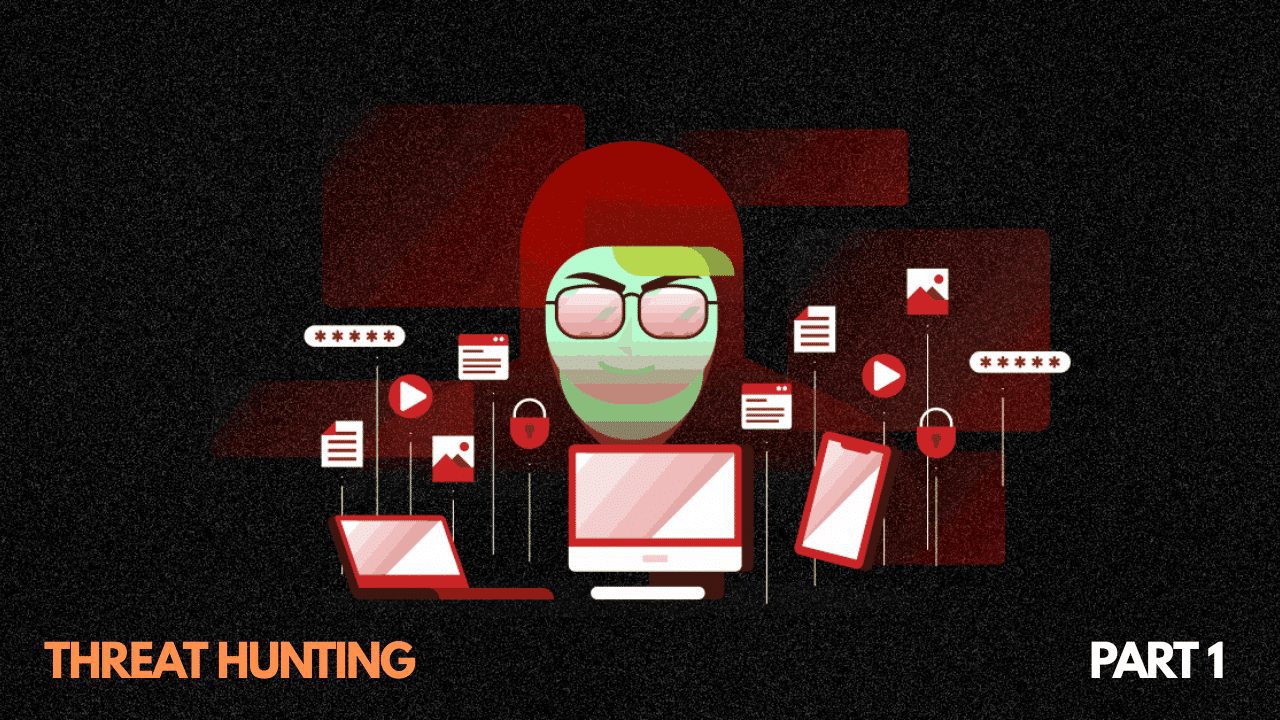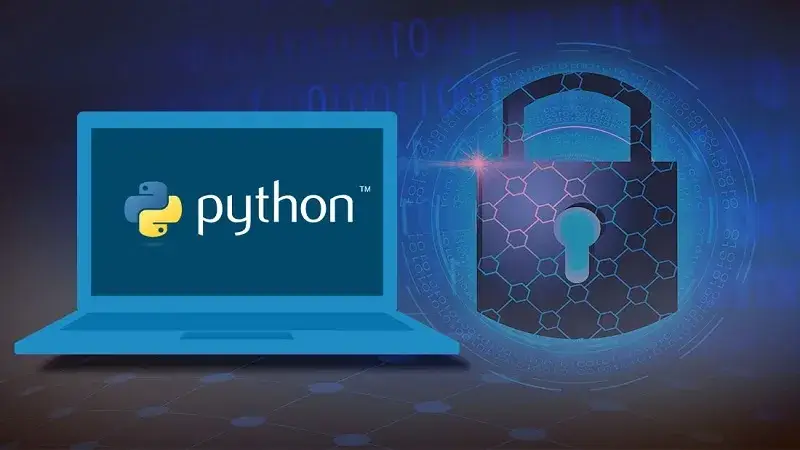Ever found yourself wandering the vast expanse of the internet, wondering who might be peeking over your virtual shoulder? Or maybe you’ve pondered the idea of strolling through the online streets like a digital ghost – leaving no footprints, no traces, just a sense of mystery. Well, my curious comrades, you’re in for a treat, because we’re about to dive headfirst into the captivating world of online anonymity. And guess what? I’m your trusty guide on this exhilarating journey! 🚀🔍
Imagine this: the internet, a bustling metropolis of information, connections, and endless possibilities. You, my friend, are about to learn the art of blending in, of navigating its alleys and avenues without revealing your every move. That’s right – we’re embarking on a quest to uncover the secrets of how to be anonymous in this digital age.
Think of me as your virtual compass, steering you through the intricate terrain of privacy, security, and covert digital strategies. Whether you’re a tech-savvy explorer with a penchant for online enigmas or a casual surfer seeking to understand the mysterious ways of the web, I’ve got your back. Together, we’ll unravel the techniques that allow you to control your digital footprint, shield your online persona, and roam the cyber-scape like a shadow, undetected and unbound.
From mastering the basics that set the foundation for a more private online presence to delving into advanced techniques that elevate your anonymity game to the next level, this journey will equip you with the tools, know-how, and empowerment to seize control of your digital destiny.
The Basics of Online Anonymity
When we talk about online anonymity, we’re basically talking about becoming a bit of an online chameleon, blending into the crowd without revealing too much of ourselves. Think of it as your very own digital disguise! 🎭💻
Now, you might wonder, “Why do I even need to bother with this online cloak and dagger stuff?” Well, let me break it down for you. The internet can be a bit like a bustling bazaar, with hawk-eyed marketers and data trackers trying to figure out what makes you tick. But fret not! Being anonymous online is like wearing sunglasses indoors – you’re still you, but with a dash of mystery. 😎🔍
Picture this: You’re surfing the web, and each site you visit leaves a little breadcrumb trail behind. These digital crumbs can be used to paint a picture of your interests, habits, and more. Enter online anonymity – your trusty sidekick in the quest to keep your digital footprints discreet. 🕵️♀️🔒
So, what’s the secret sauce behind this digital vanishing act? It’s a mix of clever tools, techniques, and a sprinkle of tech know-how. We’re talking about stuff like Virtual Private Networks (VPNs), Tor browsers, and even good old proxy servers. These tools are like your online invisibility cloak, allowing you to surf the web without leaving behind telltale signs of your presence. 🌐🚫🕊️
Understanding Online Tracking 🕵️♂️

Okay, imagine you’re strolling through a virtual marketplace, checking out websites and soaking up information. What you might not know is that there are sneaky digital trackers, a bit like those magnifying glasses-toting detectives, following your every online move. 🕵️♀️🔍 These trackers, in the form of cookies, pixels, and browser fingerprinting, are busy collecting bits of data about your interests and habits. Sneaky, right? But worry not, we’re here to outwit them!
Now, I don’t know about you, but I like a little privacy in my online adventures. 🕶️🌙 That’s where our trusty tools like Virtual Private Networks (VPNs) and the Tor browser swoop in. VPNs are like your digital disguises, making you appear as if you’re browsing from another corner of the world. The Tor browser, on the other hand, is like your secret passage to the online universe – it bounces your connection through multiple servers, making it super hard for anyone to trace your online steps. Pretty nifty, huh? 🌍🌐
But hold on a second, we’re not throwing the entire online world under suspicion. Not all tracking is evil. Some trackers help improve your online experience, showing you ads or content that’s actually relevant to your interests. It’s all about balance, my friend! ⚖️🍪
Time for a quick huddle on ISPs (Internet Service Providers) and data collectors. They’re a bit like the central hub of the internet, channeling your online actions. They might not be Sherlock Holmes, but they know a lot about your online escapades. 😲🕵️♂️ That’s why tools like encrypted connections (SSL and TLS) are crucial – they lock your data in a digital vault, making it super tough for anyone to snoop on your online chats, transactions, and more.
Tools for Online Anonymity

Arsenal of tools that’ll show you how to be anonymous while cruising the virtual highways? 🕶️🚗 Well, grab your cyber-gear, because we’re about to unpack the gadgets that’ll make you the James Bond of the online world. 🕵️♂️🔍
Alright, first up, we’ve got our VIP (Very Important Privacy) pass – the Virtual Private Network, or VPN. Think of it as your online Batmobile, whisking you away from prying eyes. With a VPN, you can choose a server location and cloak your digital tracks, making it seem like you’re browsing from a different corner of the world. 🌍✈️ It’s like a magic trick for your IP address!
Next in line is the Tor browser, your secret tunnel to online anonymity. 🌌🚇 This bad boy routes your connection through multiple servers, keeping your online steps hidden from anyone trying to follow. It’s like a digital ninja smoke bomb – poof, and you’re gone! 🕊️🌐
And oh, don’t forget the proxy servers, the digital disguises of the online world. 🕵️♀️🎭 These servers act as intermediaries, masking your true identity and making it seem like someone else is doing the online cha-cha. Just be sure to choose reputable ones, because not all proxies are created equal.
Now, let’s talk about passwords – the keys to your digital kingdom. 🗝️🏰 You wouldn’t leave your front door wide open, right? So, don’t do it online either! Create strong, unique passwords for every account, and throw in a dash of two-factor authentication (2FA) for good measure. It’s like having a double lock on your cyber-safe.
Oh, and emoji isn’t just for adding flair – it’s also a way to secure your digital conversations. Ever heard of end-to-end encryption? It’s like sealing your messages in a virtual envelope that only the intended recipient can open. 💌🔒 Services like encrypted messaging apps and PGP (Pretty Good Privacy) encryption give you that extra layer of online confidentiality.
Now, here’s the kicker: Using these tools isn’t just about hiding; it’s about owning your digital space. 🏠🌐 It’s about telling the online world, “Hey, I’m here, but you won’t find me that easily!”
Securing Your Online Identity 🏰🔒
Alright, first things first: passwords. Think of them as the sentinels guarding the gates to your digital castle. 🛡️🏰 I know, coming up with a unique and complex password for every site can feel like a mental acrobatics routine, but it’s worth it. Mix it up with a combination of upper and lower case letters, numbers, and special characters, and you’ll have a fortress that’s harder to breach than Fort Knox! 💪🔑
But hey, let’s level up that security game even further with the ultimate sidekick: two-factor authentication (2FA). 🦸♂️🛡️ It’s like having a secret code that only you and your trusted device know. Whenever you log in, you’ll receive a code on your phone – just you and your digital BFF gaining access to your kingdom. Talk about VIP treatment!
Now, let’s chat about encrypted messaging apps. 📱🔐 They’re the digital equivalent of whispering secrets in a locked room. Apps like Signal and Telegram use end-to-end encryption, ensuring that only the intended recipient can decode your messages. No unwanted eavesdroppers invited to this party! 🤫📩
Alright, how about emails? 📧💌 Here’s the deal: PGP encryption turns your emails into locked messages that only your recipient can unlock. It’s like sending your message in an indecipherable envelope, and only they have the key. Pretty cool, right? So, if you’re looking to level up your email security game, PGP is the name of the game.
And let’s not forget about our digital doppelgängers – those social media profiles. It’s like having a hologram of yourself in a bustling digital square. 🌐👥 Make sure to adjust your privacy settings, and consider using pseudonyms and alternate profiles. Remember, you’re the puppet master here, controlling what you share and what stays behind the curtain.
Browsing Anonymously 🕵️♂️🌐

Alright, picture this: You’re on the internet highway, cruising through websites and soaking in information like a sponge. But hold up! Did you know that each site you visit might be planting digital breadcrumbs to track your every move? 😲🍞 Enter anonymous browsing – your secret weapon against those sneaky trackers.
Here we go:
- Incognito Mode is Your Friend 👤🕶️
- Whenever I want to keep my online adventures discreet, I turn to incognito mode in my browser.
- It’s like wearing a digital disguise – it doesn’t save your browsing history, cookies, or site data.
- Virtual Private Networks (VPNs) FTW 🌐🚀
- When I’m serious about online anonymity, I fire up a VPN.
- A VPN masks my IP address and encrypts my connection, making it harder for anyone to trace my digital footsteps.
- Tor Browser: The Mystery Box 🕵️♂️📦
- I love the Tor browser for its magic of bouncing my connection through various servers.
- It’s like taking secret tunnels through the internet, leaving anyone trying to follow me scratching their heads.
- DuckDuckGo Search Engine 🦆🔍
- Instead of the usual search engines, I opt for DuckDuckGo.
- It doesn’t track my searches or store my personal information, keeping my online queries private.
- Privacy-Focused Browser Extensions 🌐🔐
- Extensions like Privacy Badger and uBlock Origin are my sidekicks for blocking trackers and ads.
- They’re like digital shields, defending me from unwanted prying eyes.
- HTTPS Everywhere 🔒🌐
- I make sure to look for that little padlock icon in my browser’s address bar.
- It signifies a secure connection, so my data stays encrypted while I’m browsing.
- Manage Your Cookies 🍪🍪
- I’m picky about cookies. I often clear them or set my browser to block third-party cookies.
- This helps me control what information websites can gather about me.
- Use Public Wi-Fi Wisely 📶🔒
- When I’m on public Wi-Fi, I remember that it’s like an open playground for potential snoopers.
- I use a VPN to keep my data safe from prying eyes, even on those open networks.
- Check Your Browser’s Privacy Settings 🌐🔒
- I dive into my browser’s settings to customize privacy options.
- It’s like tailoring my online experience to keep me hidden from the digital paparazzi.
Messaging and Communication 💌🔒
imagine you’re sending messages across the digital expanse – it’s like whispering secrets through the cosmic winds. But guess what? There’s a way to ensure those secrets stay your little mystery. 🤫🌌 Enter encrypted messaging apps, the guardians of your virtual conversations.
These apps, like Signal and Telegram, are like the Fort Knox of messaging. They lock your messages in an encrypted vault, and only the intended recipient has the key to unlock them. It’s like a secret code that only the two of you can decipher. 🗝️📨 And those emojis you sprinkle in? They’re part of your digital language, adding a dash of your personality to the code.
But wait, there’s more! Ever heard of PGP encryption? It’s like your message wearing a cloak of invisibility. With PGP, your emails become jumbled codes that only your recipient can unscramble. It’s like sending a message in a bottle, but only they have the decoder ring. 📩🔑
And speaking of email, it’s time to lock down your inbox. Use strong, unique passwords – no more “123456,” okay? 😉🔢 And if you’re really serious about keeping your digital conversations under wraps, consider using anonymous email services. It’s like sending letters with no return address, adding an extra layer of mystery to your communications.
Now, I know what you’re thinking – “Hey, can’t I just shout my messages from the digital rooftops?” Well, you can, but remember, privacy is your digital right. 🕊️🔒 Secure messaging isn’t just for spies and secret agents – it’s for anyone who wants to keep their virtual conversations safe from prying eyes.
Protecting Your Digital Footprint🕵️♂️👣
Every time you venture into the digital realm, you leave behind a little trail of breadcrumbs. It’s like Hansel and Gretel, but in the virtual woods. These breadcrumbs can be collected and pieced together to create a picture of your digital life. But fear not, we’re here to help you sweep away those crumbs and keep your digital identity private.
First up, let’s talk about social media privacy settings. 📱🔐 These settings are like your digital curtains – you get to decide who gets a peek inside your digital window. Adjust your settings to control who sees your posts, who can tag you, and who can slide into your DMs. It’s all about creating your own digital VIP lounge.
Oh, and those geolocation tags? 📍📸 They’re like treasure maps for trackers. When you post a picture with a geotag, you’re basically saying, “Hey, here’s where I am!” Turn off those tags when you’re sharing sensitive moments, and you’ll be the master of your own online whereabouts.
Now, let’s chat about cloud storage and file sharing. It’s like having a digital vault for your files. 💾🔒 Use services with strong encryption, and consider sharing files using password-protected links. You’re essentially sending a secret code to open the treasure chest.
And speaking of treasure, back up your data regularly. It’s like creating a safety net for your digital memories. ⚓📂 Whether it’s photos, documents, or that novel you’re secretl
Safe Data Practices 🔒💾
Okay, let’s start with the basics: Cloud storage. It’s like having a magical chest where you can stash your digital goodies. 💼🔐 But remember, not all clouds are equally fluffy. Opt for services that offer strong encryption, ensuring that only you and your trusted crew can access your loot.
Now, when you’re sending files across the digital sea, consider using password-protected links. It’s like handing over a treasure map with a secret code only your fellow adventurers know. 🗺️🔑 And speaking of codes, make sure your passwords aren’t predictable. No more “password123,” okay? 😄🔢
But hold up, what if the digital tide turns and wipes out your data? That’s where backups come in. Think of it as creating copies of your treasure map. 📄🔗 Regular backups ensure that even if your digital ship hits rough waters, your treasures remain safe and sound on a different island.
Now, let’s chat about online file sharing. Before you hit that “share” button, make sure you’re not exposing more than you intend to. Check your sharing settings to ensure you’re only giving access to the right crew members. 🚤🔗
Staying Anonymous on Social Media 🕵️♂️📱

Hey there, social media explorer! 🌐📲 Ready to unravel the secrets of staying incognito while navigating the vibrant landscape of social platforms and mastering the techniques of how to be anonymous? 🕶️💬Let’s dive in! 🚀🌟
1. Alter Egos and Pseudonyms: Think of social media as a digital masquerade ball. 🎭🎉 Using a pseudonym or alternate identity can add an air of mystery to your online presence. Just remember, your online alias is like a secret code – only share it with those you trust.
2. Guard Your Personal Info: It’s like protecting your treasures in a virtual vault. 🔐💰 Keep your personal details, such as phone numbers and addresses, hidden from the public eye. Remember, you’re in control of what you share and what remains a mystery.
3. Privacy Settings Are Your Friends: Social media platforms are like a virtual playground, but you decide who gets to swing on your digital swing set. Adjust your privacy settings to control who sees your posts and who can slide into your DMs. 🏞️🤝
4. No Geotags, No Clues: Geolocation tags are like breadcrumbs leading straight to your doorstep. 📍🔍 Avoid sharing your precise location in your posts or photos. It’s like keeping your digital hideout a well-kept secret.
5. Embrace Alternate Profiles: It’s like having a Clark Kent version of yourself. 🦸♂️🕶️ Consider having separate profiles for personal and professional interactions. This way, you can wear different digital masks for different occasions.
6. The Mysterious Art of Limiting Posts: Your posts are like glimpses into your world. ✨🖼️ Share without oversharing. It’s about finding that balance between letting your personality shine and keeping certain aspects of your life off the digital stage.
7. Be Wary of Friend Requests: Friend requests are like invites to a digital party. 🎈🎉 Only accept requests from people you genuinely know or trust. It’s like curating your guest list for a secret soirée.
8. Emojis as Digital Signature: Believe it or not, emojis are part of your online persona. 😎🔍 Use them to add a unique touch to your username or alias. It’s like leaving your mark in the digital sands.
Remember, social media is like a bustling bazaar of connections and conversations, but you’re the ringmaster of your own show. 🎪🌐 By mastering the art of how to be anonymous on these platforms, you’re not just a participant – you’re the enigmatic star of the show, controlling what you reveal and what you keep in the shadows. 🚀🎉🕶️
Navigating Public Wi-Fi Safely 🌐🔒
Public Wi-Fi is like an open digital plaza – exciting but potentially risky. By following these tips and mastering the art of how to be anonymous, you’re not just browsing; you’re conquering the digital streets with confidence. Ready to ride those cyberwaves safely? Let’s go, tech-savvy explorer! 🚀🏄♂️🔐
1. Treat Public Wi-Fi Like a Coffee Shop: ☕📡 Public Wi-Fi networks are like bustling coffee shops in the digital realm. They’re convenient, but they can also attract some unsavory characters. Be cautious and use them wisely.
2. The Power of VPNs: 🌐🔒 Imagine a digital force field around your connection. That’s what a VPN (Virtual Private Network) does. It shields your data from prying eyes, ensuring that your online adventures remain your little secret.
3. Say No to Automatic Connections: 📡🚫 Your device might be eager to connect to any available Wi-Fi, but it’s like entering a stranger’s house without checking their credentials. Disable automatic connections to avoid unintentionally wandering into unsecured networks.
4. Stay Away from Sensitive Transactions: 💳🚫 Online shopping or banking? Hold off on those activities while on public Wi-Fi. It’s like locking your valuables away when you’re in a crowded place.
5. Say Hello to HTTPS: 🔒🔍 Websites that use HTTPS are like virtual fortresses with guards at the gates. Look for that little lock icon in the address bar before sharing any personal info.
6. Update, Update, Update: 🔄💡 Software updates are like security patches for your digital armor. Keep your device and apps updated to avoid vulnerabilities that hackers might exploit.
7. Avoid File Sharing: 📂🚫 Public Wi-Fi is like a busy street – you wouldn’t hand out flyers to strangers, would you? Avoid sharing files over these networks to keep your data safe.
8. Turn Off Sharing: 📲🔐 Your device might have sharing settings turned on by default. It’s like having your front door unlocked. Disable sharing to keep your digital space private.
9. Use a Trustworthy Network: 📡🔍 If you can, opt for known and trustworthy networks. It’s like choosing a well-lit path instead of a dark alley.
Advanced Techniques for Anonymity 🕶️🌐
Alright, fellow digital wanderer, now that we’ve mastered the basics of how to be anonymous, it’s time to level up and dive into some advanced techniques that will make you the ultimate cyber ninja. 🚀🔥 Imagine yourself as the protagonist of a digital thriller, navigating the virtual landscape with finesse and eluding all digital traces like a shadow in the night. 🕵️♂️🌌
1. Tinkering with Tails and Whispers of Whonix: 🧙♂️🔍 Ready to explore the realm of supercharged anonymity? Meet Tails and Whonix, two privacy-focused operating systems that can be your secret weapons. Tails operates from a USB stick, leaving no trace on the host computer, while Whonix routes your traffic through the Tor network for double-layered protection. These tools are like your digital invisibility cloaks, allowing you to venture even deeper into the online shadows.
2. Dive into Decentralization with Cryptocurrencies: 💰🌐 Cryptocurrencies aren’t just about digital riches – they can also be a ticket to anonymity. Bitcoin, Monero, and other privacy-focused cryptos can be used for transactions without revealing your identity. It’s like having an untraceable wallet for your online dealings. Just remember, it’s a skill to master, but once you do, you’re stepping into the world of financial secrecy.
3. The Magic of Virtual Machines: 🪄💻 Virtual machines are like parallel universes for your computer. They allow you to create isolated environments where you can experiment without affecting your main system. By using virtual machines for different tasks, you’re like a magician keeping your digital hats separate and organized.
4. Dark Nets and Hidden Services: 🌐🕳️ The dark web might seem mysterious, but it’s not all dark and gloomy. Platforms like Tor hidden services offer a secluded corner of the web where you can host websites and communicate without revealing your location. It’s like a secret rendezvous point in the digital underground.
5. Secure Your Hardware: 🛡️🖥️ Advanced anonymity isn’t just about software; it’s about protecting the physical too. Consider using dedicated hardware for your anonymous endeavors, like a separate device for your privacy-focused activities. It’s like having a safe haven for your digital self.
By delving into these advanced techniques, you’re not just navigating the digital realm – you’re mastering it. You’re the conductor of your digital symphony, orchestrating each note of anonymity with finesse and precision. 🚀🔐🎭
Maintaining Anonymity Over Time 🌐🕰️
Well, grab your virtual time machine, because we’re about to explore the techniques that will ensure your digital veil remains intact even as the days turn into months and years. Let’s dive in and become masters of sustained anonymity! ⏰🔒
1. Regularly Review and Update Privacy Settings: It’s like tending to a well-kept garden. 🌻🔐 As platforms and services evolve, so do their privacy settings. Take the time to review and update your settings to adapt to changing digital landscapes. What worked yesterday might not work tomorrow.
2. Rotate Your Digital Habits: Changing your online routines is like wearing different disguises. 🕵️♂️👥 If you always log in at the same time and from the same place, it’s easier for trackers to map your movements. Mix it up – use different devices, different locations, and different times to throw off the scent.
3. Embrace Encryption as a Habit: Encrypting your communications is like sealing an envelope before sending a letter. 💌🔏 Make it a habit to use encrypted messaging apps, and opt for encrypted emails whenever possible. The more you encrypt, the less you leave exposed.
4. Delete Old Accounts and Data: Your digital past is like a trail of breadcrumbs. 🍞🔍 If you’re no longer using certain accounts or platforms, delete them. Old accounts can reveal personal information that might compromise your current efforts to stay anonymous.
5. Regularly Update Software: Just like dust accumulates over time, so do vulnerabilities in software. Regular updates are like cleaning your digital space. 🧹💻 Keep your operating systems, browsers, and applications up to date to ensure you’re shielded against potential threats.
6. Be Mindful of Metadata: Metadata is like the hidden details in a photograph. 📸🔎 When sharing images or files online, strip them of unnecessary metadata. This includes information like location data and timestamps that could potentially reveal more than you intend.
7. Learn from Mistakes: Your journey to anonymity is like a series of experiments. 🧪📚 If you make a slip-up, don’t panic. Learn from your mistakes and adjust your tactics accordingly. Anonymity is a skill that you refine over time.
Remember, maintaining long-term anonymity is like tending to a digital garden – it requires care, attention, and a willingness to adapt.
Conclusion
And there you have it, Our journey through the realm of how to be anonymous has been nothing short of exhilarating. From mastering the basics of online anonymity to diving into advanced techniques and maintaining your digital veil over time, you’ve become a true virtuoso of the digital world. 🌟🔍
Remember, anonymity isn’t about hiding; it’s about taking control of your digital identity and deciding what you share and with whom. You’ve learned to wield tools like VPNs, encrypted messaging apps, and secure browsing to navigate the virtual landscape like a seasoned explorer. 🚶♂️🛡️
With every step you take, every encrypted message you send, and every pseudonym you create, you’re asserting your presence in the digital realm on your own terms. You’re the conductor of your digital symphony, crafting melodies of privacy and leaving only the traces you choose. 🎶🎭
FAQ: Navigating the Landscape of Anonymity 🌐🔍
Q1. Why should I care about online anonymity?
Online anonymity isn’t just for secretive activities; it’s about protecting your digital identity. It prevents your personal information from falling into the wrong hands, shields you from unwanted tracking, and empowers you to control what you share online.
Q2. How can a VPN help me stay anonymous?
A Virtual Private Network (VPN) acts like a secure tunnel for your internet connection. It masks your IP address and encrypts your data, making it harder for anyone to trace your online activities back to you. It’s like a digital disguise for your browsing.
Q3. Can I use public Wi-Fi safely while maintaining anonymity?
Absolutely! Public Wi-Fi networks can be risky, but by using a VPN, you can encrypt your connection and shield your data from potential snoopers. Also, avoid sensitive transactions and always ensure your device’s sharing settings are turned off.
Q4. How do encrypted messaging apps work?
Encrypted messaging apps, like Signal and Telegram, use end-to-end encryption. This means that only you and the intended recipient can read the messages. It’s like having a private conversation in a soundproof room, away from prying ears.
Q5. What’s the importance of using strong, unique passwords?
Strong passwords are your first line of defense. They make it harder for hackers to crack into your accounts. Using unique passwords for different accounts ensures that if one password is compromised, your other accounts remain safe.
Q6. Can I achieve complete anonymity online?
While it’s challenging to achieve absolute anonymity due to the interconnected nature of the internet, you can significantly enhance your privacy and make it extremely difficult for others to track your online activities by following best practices and using anonymity tools.
Q7. Are there risks associated with the dark web?
The dark web isn’t inherently dangerous, but it does house both legitimate and illicit activities. Exploring it requires caution. Always use Tor securely, avoid engaging in illegal activities, and be aware of potential scams.
Q8. How can I ensure my anonymity over time?
Regularly review and update your privacy settings, embrace encryption habits, rotate your digital routines, and learn from any mistakes you make. Anonymity is an ongoing process that requires diligence and adaptation as the digital landscape evolves.
Q9. What’s the role of cryptocurrencies in online anonymity?
Cryptocurrencies like Bitcoin and Monero offer varying levels of anonymity in financial transactions. While they provide a degree of privacy, it’s essential to understand how to use them securely and anonymously, as some transactions can still be traced.
Q10. Is online anonymity legal?
Yes, online anonymity is legal and often an essential aspect of maintaining your privacy online. However, using anonymity to engage in illegal activities is not legal. Always stay within the boundaries of the law while safeguarding your online identity.
❤️ If you liked the article, like and subscribe to my channel “Codelivly”.
👍 If you have any questions or if I would like to discuss the described hacking tools in more detail, then write in the comments. Your opinion is very important to me!

